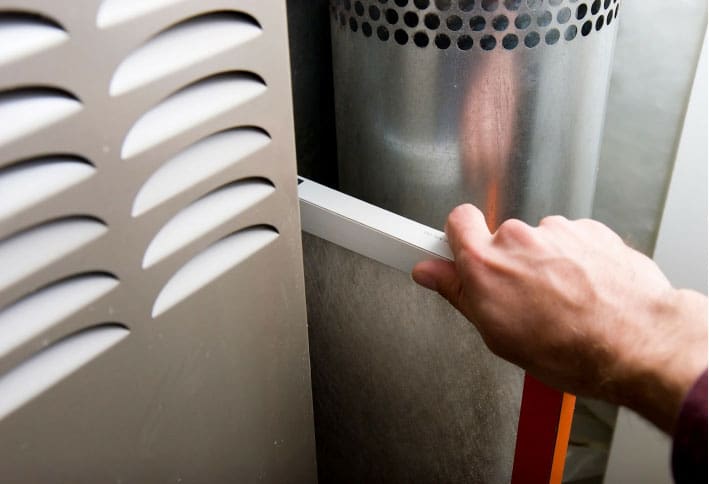Most people switch on their heating systems when the cold season commences. However, you should know how to stay safe while heating your home before switching on your system. Otherwise, you might risk your house, its contents, and your lives. Below are some top heating tips you should always practice.
Watch Out for Improvised Heating
You might be tempted to use an improvised heating system to keep warm. For example, you might be tempted to burn trash in the fireplace or use electric heaters in damp areas, such as the bathroom.
Unfortunately, you risk injury and property damage with such improvisations. You might accidentally set fire on something or suffer an electrical shock.
A safer alternative is to improvise and keep warm if the furnace is out without heating. For example, you can:
- Put on layers of clothes
- Seal off a room and stay in it
- Have hot food and drinks
- Switch on your incandescent bulbs
You should especially be wary of improvisations that involve electricity or combustion fires.
Maintain Your Heating System
A malfunctioning or defective heating system is often a danger to your household. The best way to prevent such dangers is to maintain your heating system and fix all malfunctions as soon as they occur. The necessary maintenance depends on the heating system. For example:
- A furnace requires regular filter replacement to prevent dangerous airflow restrictions.
- All heating systems should be clean to get rid of debris that might catch fire.
- Most heating systems require regular inspections to detect and prevent potential threats.
- All combustion systems require adequate venting to prevent poisonous gases that might build up in the house.
Preventive maintenance will also prevent costly breakdowns down the road.
Follow the Manufacturer’s Recommendations
The manufacturer’s recommendations are the best ways to use and care for your heating system safely. Note that the specific recommendations may vary by the heating system and even by make and model. For example:
- Combustion systems require vent installations, but electric heaters do not.
- Portable generators should sit as far away from the house to keep spent gases out of the house.
- You should plug electric heaters directly into electrical outlets – don’t use extension cords.
- Heating systems should have adequate clearance between them.
The above are general guidelines. Get the recommendations from the owner’s manual or your contractor and stick to them.
Stick to Professional Services
Heating systems require professional installation, repair, and service. Professional input is necessary not only for efficient heating but also for safety purposes. Discover some ways nonprofessional services might be dangerous:
- The service of an electric heater can lead to electrical shock due to poor insulation of connection of electrical wires.
- The repair of a furnace can lead to overheating that might cause heat exchanger damage, and by extension, a carbon monoxide (CO) leak.
- The repair of gas furnaces can lead to gas leaks and explosions.
Professional services may require an upfront investment, but the investment is worth your household’s safety in the end.
Install a CO Detector
Fires and explosions are not the only dangers of heating systems. Despite your best precautions, a combustion system might leak dangerous gases, such as CO. CO is particularly dangerous since it is odorless and colorless and induces drowsiness. Install a carbon monoxide detector to alert you in case the gas leaks. Test your CO detector regularly to ensure it’s functional.
Hopefully, you will use the above tips to stay safe while you heat your home over the winter period. Don’t forget to service your heating system before the cold season begins properly. Contact Steele Brothers Heating, Inc., for the service or help you may need with your heating system. We have been in the heating industry for decades and promise you professional services.

